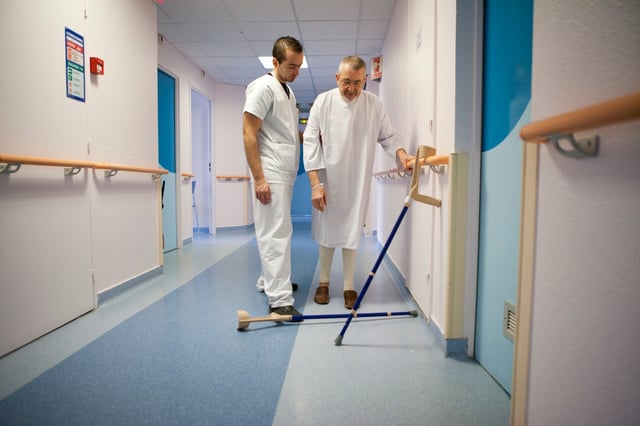Overview
- CMS’s WISeR pilot will require prior authorization for roughly a dozen procedures in Original Medicare as it launches in Ohio and five other states next year.
- Officials say artificial intelligence will review records to assess coverage criteria, with any denial confirmed by a licensed human clinician.
- Targeted services include steroid injections for pain, knee arthroscopy, and cervical fusion, which together accounted for up to $5.8 billion in 2022 spending.
- Physicians and patient advocates caution that the new process could slow access, increase paperwork, and narrow a long-standing difference between traditional Medicare and Medicare Advantage.
- Beneficiaries are urged to verify their coverage type, check whether a procedure is on the list, consult their providers, pursue appeals after denials, and seek free help from OSHIIP, the Medicare Rights Center, or the National Council on Aging.

